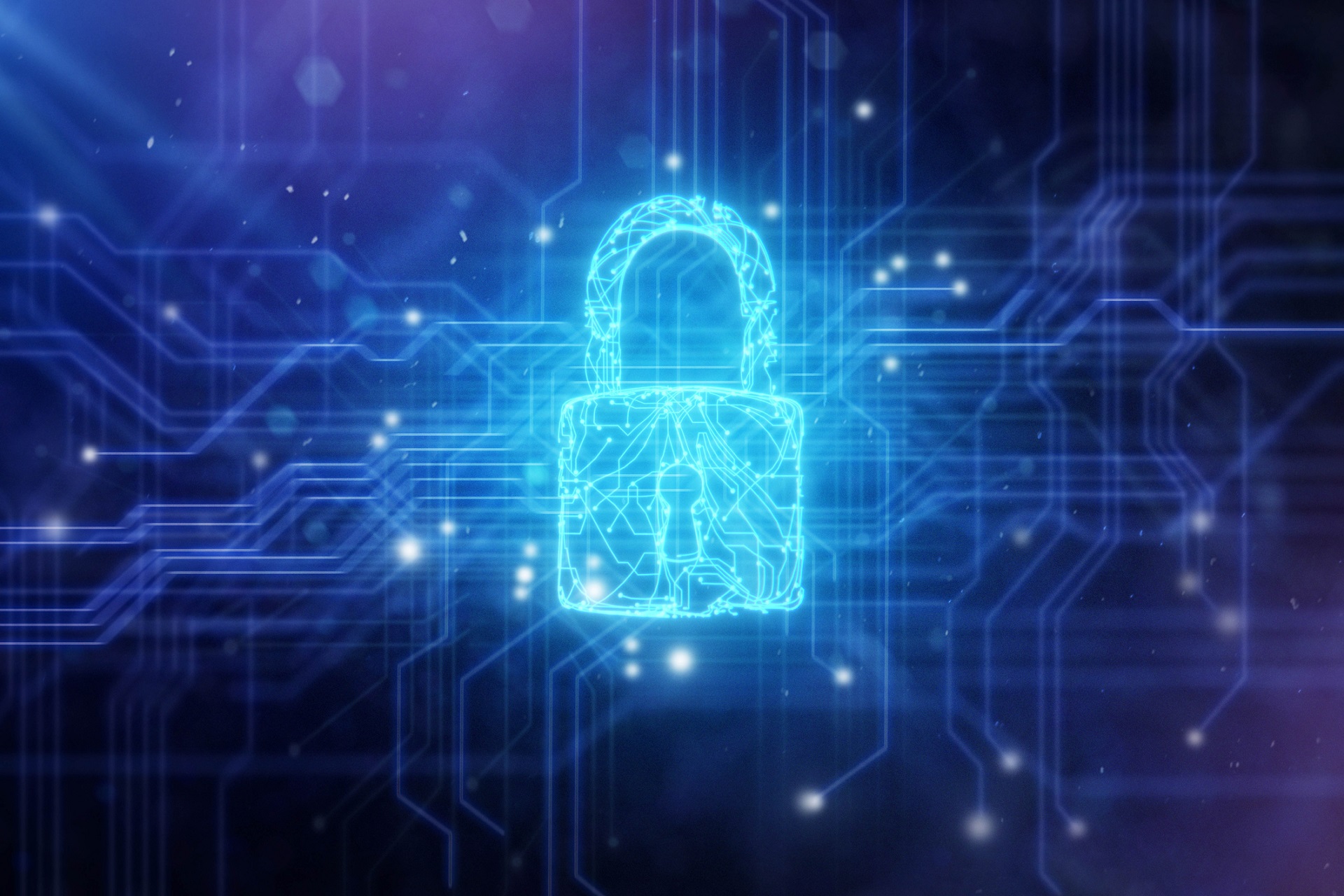Modern cybersec tools are often inadequate for the remote workforce
Most companies still use VPNs

Covid-19 may have changed the way many of us work drastically, but what didn’t changed is the way we protect ourselves, our companies, and our digital assets, in this “new normal”.
But these old methods don’t play well with new ways of working, which is why many firms don’t really consider themselves secure, according to a new cybersecurity report from Thales.
Polling 2,600 IT decision-makers, the company found that for six in 10 respondents, traditional security tools such as VPNs are still the main ways employees access applications remotely. As a result, almost half (44%) aren’t confident their access security systems could scale effectively to secure remote work.
- We've built a list of the best antivirus software available today
- Keep your devices virus free with the best malware removal software
- Also check out our roundup of the best ransomware protection
With data breaches and similar incidents growing fast in these past two years, many firms were pushed into adopting modern security strategies, such as Zero Trust, the report further found.
Besides VPN, there are many other systems businesses deployed for remote access, including Virtual Desktop Infrastructure, cloud-based access, and Zero Trust network access/software-defined perimeter (ZTNA/SDP). The latter was also the top choice among companies deploying new tech due to the pandemic.
Zero Trust as a solution
Almost 40% said they plan on replacing their VPN with ZTNA/SDP, while another 38% expect to move to multi-factor authentication (MFA) solution. More than half (55%) have already adopted MFA, but the practice still trails behind other tools, such as firewalls, endpoint security, SIEM and email security.
But all of this seems to be happening spontaneously, without a serious plan or strategy backing it up. Less than a third (30%) of the respondents said they have a formal strategy and are actively embracing Zero Trust. Almost half (45%) are in the planning phase, at the moment.
“One of the core barriers businesses face when starting their Zero Trust journey is the balance between locking down access without interrupting workflow. People require access to sensitive data in order to work and collaborate and business leaders will need to ensure that a drop in productivity doesn’t become an unwanted side effect. The research shows that IT professionals increasingly see access management and modern authentication capabilities as key components in achieving a Zero Trust model,” said Francois Lasnier, vice president of Access Management solutions at Thales.
- We've also highlighted the best email services
Sign up to the TechRadar Pro newsletter to get all the top news, opinion, features and guidance your business needs to succeed!
Sead is a seasoned freelance journalist based in Sarajevo, Bosnia and Herzegovina. He writes about IT (cloud, IoT, 5G, VPN) and cybersecurity (ransomware, data breaches, laws and regulations). In his career, spanning more than a decade, he’s written for numerous media outlets, including Al Jazeera Balkans. He’s also held several modules on content writing for Represent Communications.